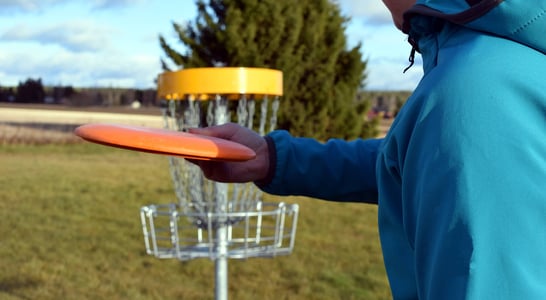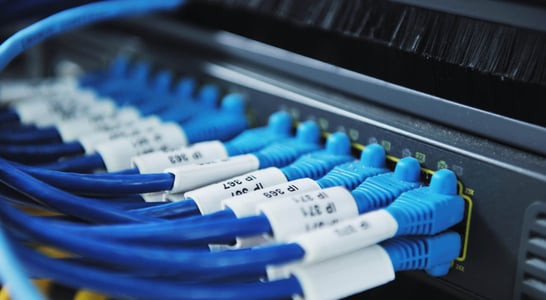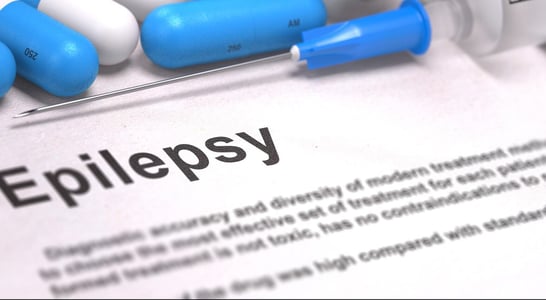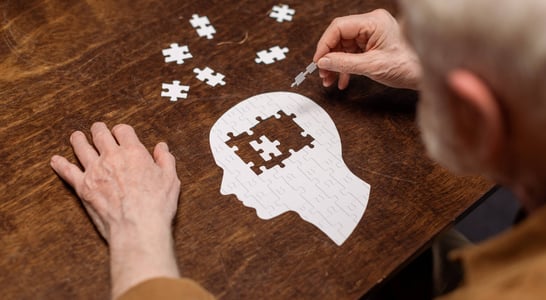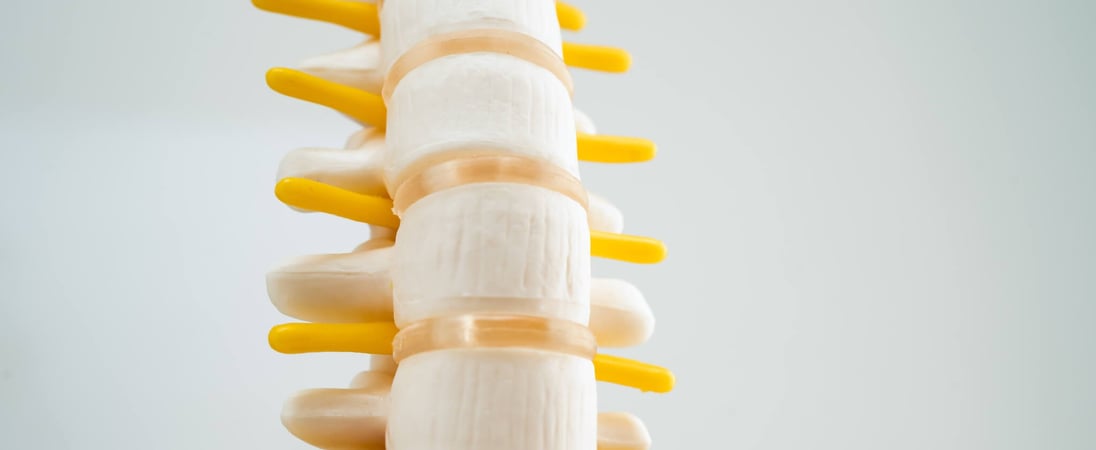
Spinal Muscular Atrophy Awareness Month
Join the movement to support research, spread knowledge, and uplift families affected by this challenging genetic condition.
Impacting approximately 4 in every 100,000 people in the US, Spinal Muscular Atrophy (SMA) is a rare, genetic disease affecting the neuromuscular systems, causing muscles to become weak and eventually stop working. This includes not only physical movements, but also impacts the ability to swallow and eventually even to breathe. The cause of this is related to the nerve cells in the spinal cord that enable a person to control their muscle movement.
Spinal Muscular Atrophy Awareness Month is here to increase knowledge about this disease, as well as to promote the support of the individuals and families who are impacted by it.
History of Spinal Muscular Atrophy Awareness Month
Spinal Atrophy Awareness Month was founded by the Cure SMA organization, specifically as the idea of a member of the organization’s community, Shaakira Thomas. Since it was first started in 1996, this event and its organizers have been working to improve public knowledge and awareness about SMA, while pushing advancements in research for understanding and treatment of this disease.
Each year, the Cure SMA organization sponsors Spinal Muscular Atrophy Awareness Month and offers an array of opportunities for individuals, families, schools, medical professionals and community groups to get involved.
How to Observe Spinal Muscular Atrophy Awareness Month
People who have SMA, along with their friends, family members and community can get involved with SMA Awareness Month to grow awareness and also improve support in a variety of ways. Start with some of these ideas for the event:
Share Info About SMA
-
Approximately 1 in 50 people in the US are carriers for the SMA gene
-
While SMA impacts motor skills, it does not affect a person’s intelligence or cognitive abilities
-
There are four main types of SMA the develop at different life stages: Birth (1), Childhood (2,3) and Adult (4), with Type one being the most severe
-
There is currently no cure for SMA, but some promising treatments are in the development stages, and some current therapies may help slow disease progression
Host an SMA Awareness Event
From a small dinner party to help educate friends and family members to a large community event, Spinal Muscular Atrophy Awareness Month is an excellent time to bring people together around this particular cause! Organize a run/walk/roll event where participants can raise funds toward research and a cure or host a virtual event to create conversation and build support for the people impacted by SMA.
Those who are arranging events, or who simply want to share on social media, might want to take advantage of the different resources and tools provided on the Cure SMA organization website.
Also in ...
View all holidaysNational Disc Golf Day
Gather friends and family for a fun and competitive game of disc golf, or meet new people and make new friends by joining an amateur team or league.
National Spider-Man Day
Swinging between skyscrapers, stopping villains, and saving lives, this web-slinging hero never fails to amaze!
World Wide Web Day
Connecting us all, this virtual space where we share, learn, and create has revolutionized our world. The possibilities are endless!
We think you may also like...
SUDEP Action Month
Don’t just raise awareness: on SUDEP Action Month, take actions to help all of society understand sudden death from epilepsy and how to mitigate the risk.
National Nurse’s Week
Give a big thank-you to the hard-working, often under-paid medical professionals who keep hospitals, rehab centers, nursing homes and hospice care running.
Sepsis Awareness Month
Join or host an event, educate yourself, and raise awareness about the causes and signs of sepsis. It could save your life or the life of another someday.
Alzheimer’s & Brain Awareness Month
Promoting understanding, advancing research, and supporting those affected to make a meaningful impact on cognitive health.
